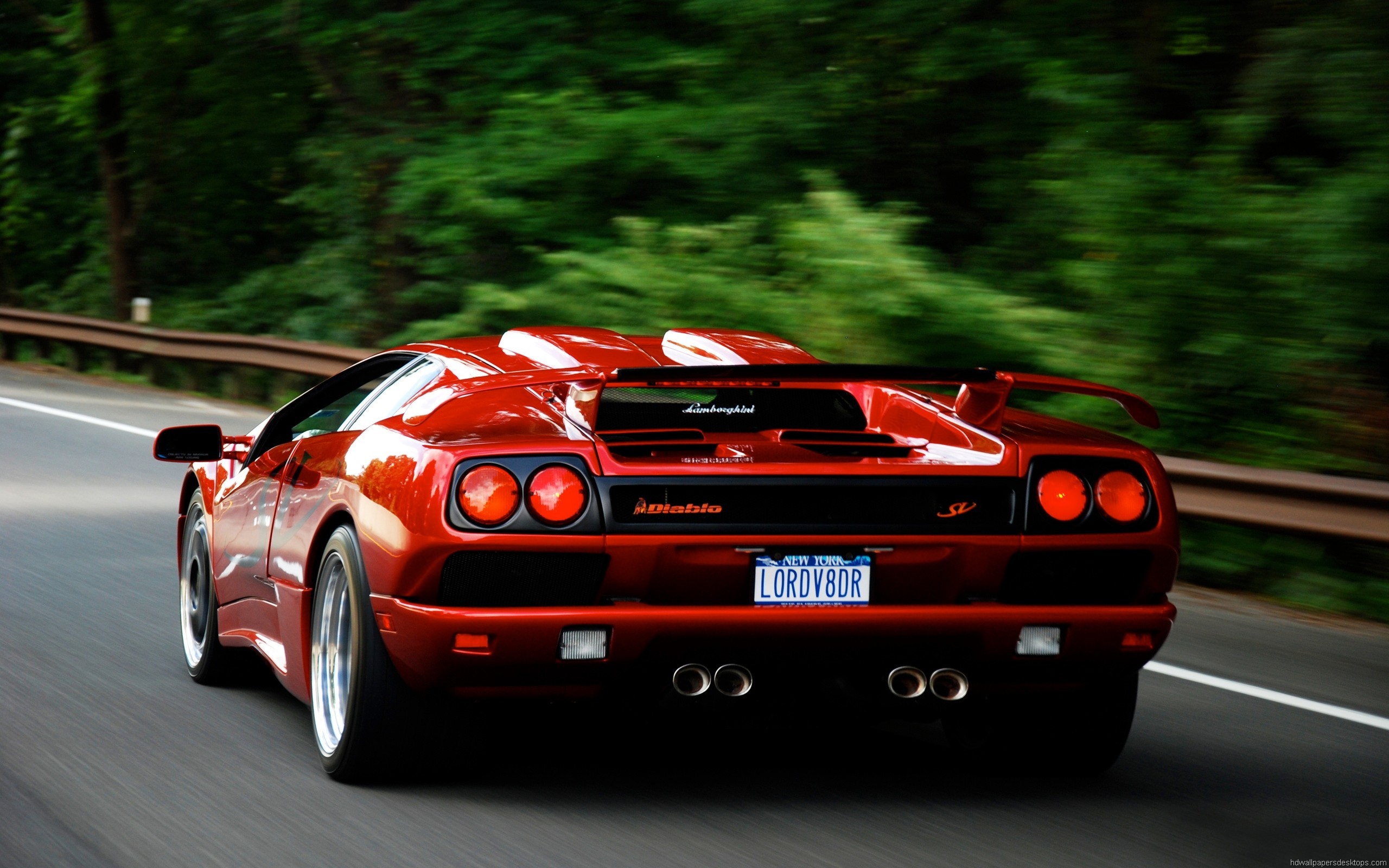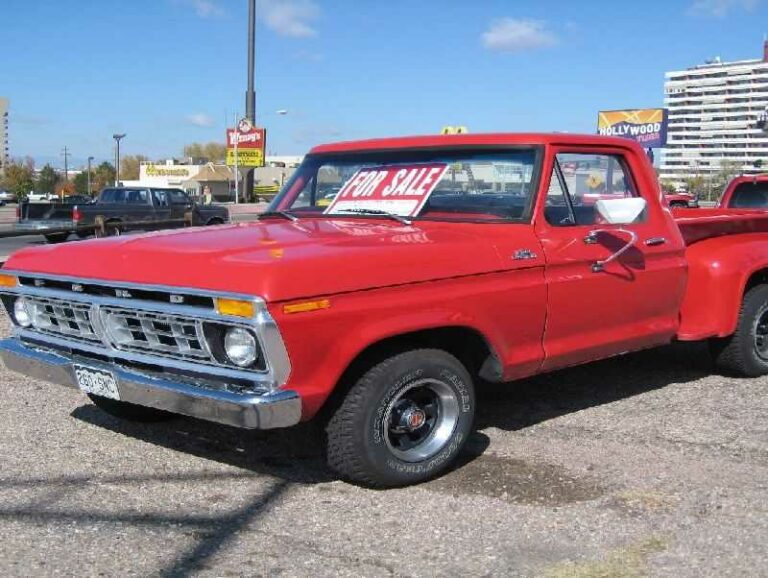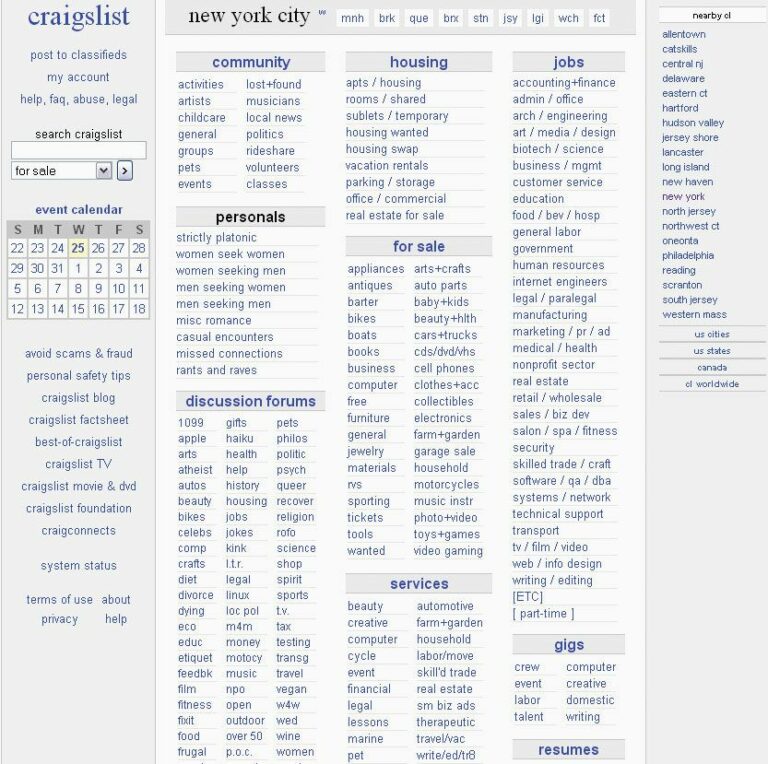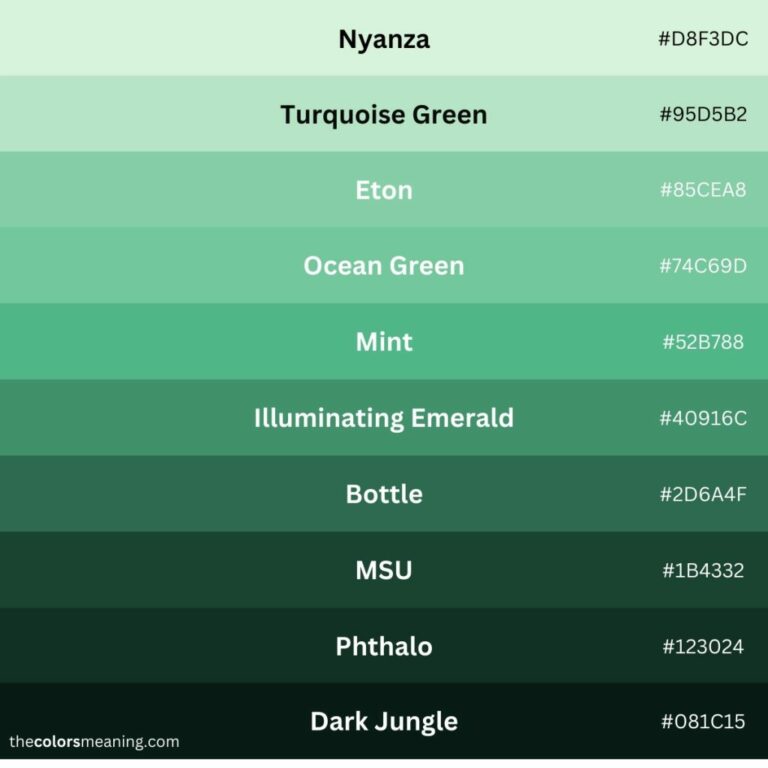Car Brands That Hold Their Value: A Comprehensive Guide to Smart Car Ownership
Car Brands That Hold Their Value: A Comprehensive Guide to Smart Car Ownership cars.truckstrend.com
Purchasing a vehicle is one of the most significant investments many people make, second only to a home. However, unlike real estate, cars are notorious for losing value the moment they’re driven off the lot. This phenomenon is known as depreciation, and it represents the silent, often overlooked, cost of vehicle ownership. Understanding which car brands – and specific models within those brands – excel at holding their value is paramount for any savvy buyer. It directly impacts your total cost of ownership, the equity you build, and the financial leverage you have when it’s time to sell or trade in.
This comprehensive guide delves into the intricate world of car depreciation, identifying the factors that influence it, spotlighting the brands renowned for their strong resale value, and providing actionable strategies to ensure your next vehicle purchase is a financially sound one. By prioritizing value retention, you’re not just buying a car; you’re making an intelligent investment that minimizes long-term financial drain.
Car Brands That Hold Their Value: A Comprehensive Guide to Smart Car Ownership
Understanding Car Depreciation: The Silent Cost of Ownership
Depreciation is the decline in a car’s value over time due to wear and tear, age, market demand, and the introduction of newer models. It’s the single largest expense for most car owners, often surpassing fuel, insurance, or maintenance costs. While some depreciation is inevitable, the rate at which different vehicles lose value varies dramatically.
Factors Influencing Depreciation:
- Initial Purchase Price: More expensive cars often have a larger dollar amount of depreciation, even if their percentage depreciation is similar.
- Brand Reputation & Reliability: Brands known for dependability and longevity tend to depreciate slower. Buyers are willing to pay more for a used car they trust won’t break down.
- Demand & Popularity: Vehicles in high demand, both new and used, command better resale prices. Trends, fuel prices, and utility (e.g., SUVs/trucks vs. sedans) play a significant role.
- Fuel Efficiency: As fuel prices fluctuate, cars with better MPG often become more desirable on the used market.
- Safety Ratings: High safety ratings instill confidence in buyers, positively impacting resale value.
- Maintenance Costs & Parts Availability: Vehicles with a reputation for low maintenance costs and readily available, affordable parts are more attractive to used car buyers.
- Mileage: Lower mileage generally means higher resale value, assuming the car is well-maintained.
- Condition: Excellent cosmetic and mechanical condition significantly boosts a car’s value.
- Color & Features: Popular colors (neutrals like white, black, silver, grey) and desirable features (e.g., infotainment systems, advanced safety tech) can help. Conversely, unusual colors or highly specialized features might limit your buyer pool.
- Economic Climate: Recessions or economic uncertainty can depress used car values, while strong economies often see values hold steady or even increase for certain models.

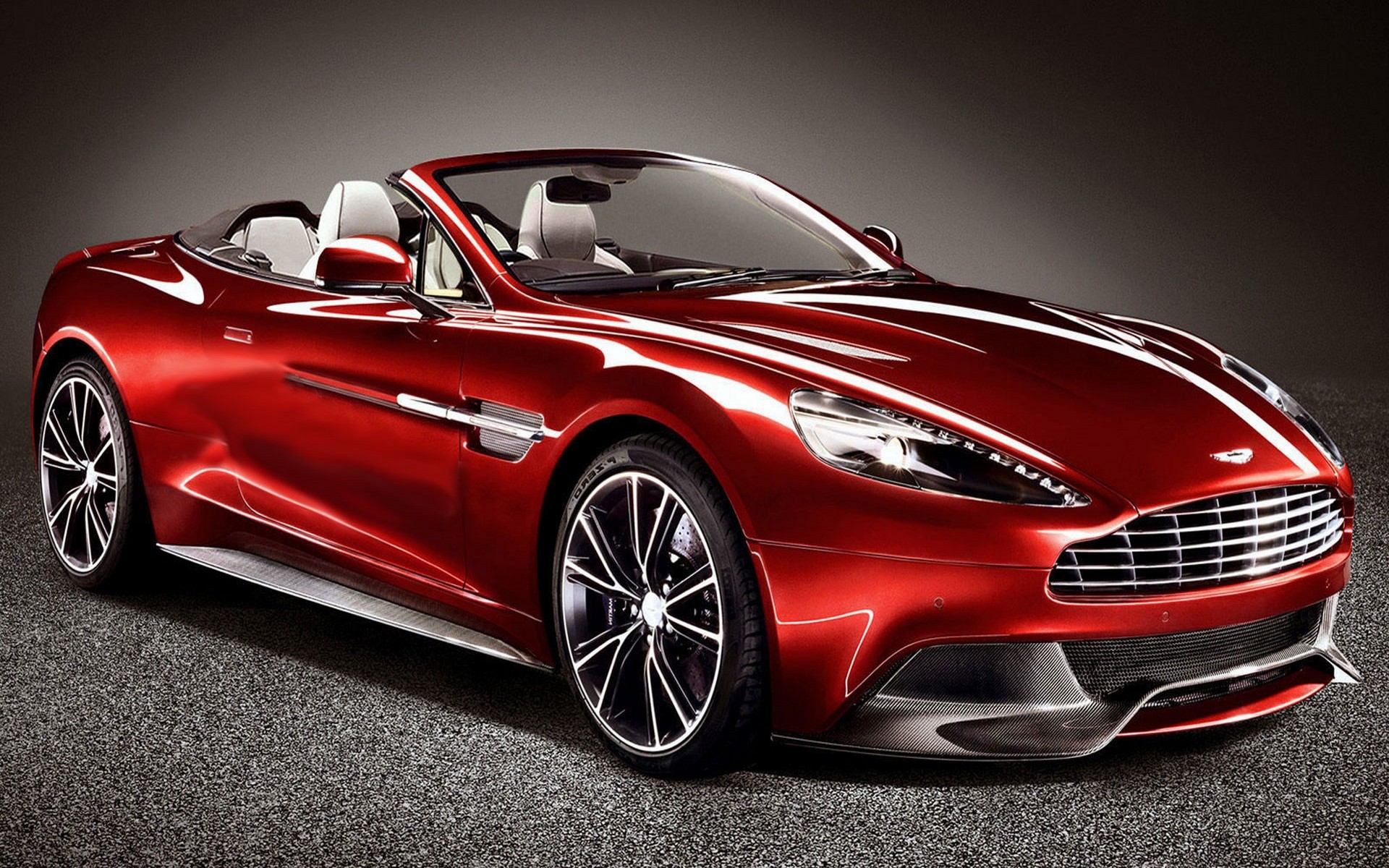
The Pillars of Value Retention: What Makes a Brand Hold Its Value?

Certain characteristics consistently contribute to a vehicle’s ability to retain its value. When evaluating potential purchases, consider how well a brand or model aligns with these pillars:
- Unwavering Reliability and Durability: This is arguably the most crucial factor. Brands like Toyota and Honda have built their empires on a reputation for producing vehicles that simply last, requiring minimal unscheduled repairs. This translates directly to peace of mind for future owners and a higher willingness to pay.
- Strong Brand Reputation & Loyalty: A consistent track record of quality, customer satisfaction, and innovative design fosters strong brand loyalty. People trust these brands and often return to them, creating a steady demand in the used market.
- High Demand (New & Used Market): Some vehicles are simply more popular. Whether it’s the utility of a pickup truck, the versatility of an SUV, or the enduring appeal of a specific sports car, high demand ensures a ready market of buyers, which props up prices.
- Practicality & Versatility: Vehicles that cater to a wide range of needs (e.g., family transport, commuting, light hauling) tend to maintain broader appeal and therefore stronger value.
- Consistent Design Evolution (Not Radical Changes): Brands that stick to an identifiable, appealing design language, with gradual, thoughtful updates, often age better than those with radical, polarizing redesigns.
- Lower Total Cost of Ownership: Beyond depreciation, vehicles with lower insurance costs, better fuel economy, and affordable maintenance are more attractive in the long run, reflecting positively on their resale value.
Top Car Brands Known for Value Retention
While market conditions and specific models within a brand can cause variations, several automotive brands consistently outperform the market in terms of value retention.
- Toyota: A perennial leader in resale value, Toyota’s reputation for bulletproof reliability, low running costs, and widespread availability of parts makes their vehicles highly sought after.
- Top Models: Tacoma (often holds its value better than any other vehicle), 4Runner, RAV4, Camry, Tundra, Highlander.
- Honda: Similar to Toyota, Honda is synonymous with reliability, fuel efficiency, and practical design. Their engines are known for longevity, and their cars offer a comfortable, user-friendly experience.
- Top Models: Civic, CR-V, Accord, Pilot, HR-V.
- Subaru: With its standard all-wheel drive, strong safety ratings, and reputation for rugged durability, Subaru has a loyal following, particularly in regions with harsh weather.
- Top Models: Forester, Outback, Crosstrek, Ascent.
- Lexus: As Toyota’s luxury arm, Lexus benefits from the same engineering excellence and reliability, but with premium materials and features. They often depreciate slower than many European luxury brands.
- Top Models: RX, GX, ES.
- Porsche: In the luxury/sports car segment, Porsche stands out. Its exclusivity, exceptional performance, timeless design, and meticulous engineering contribute to remarkably strong resale values, especially for specific models and limited editions.
- Top Models: 911 (especially specific trims), Cayman, Macan.
- Jeep: The iconic Wrangler is a prime example of a vehicle that defies typical depreciation curves due to its unique off-road capability, customizable nature, and enduring design. Its niche appeal creates high demand.
- Top Models: Wrangler, Gladiator.
- Ford (Trucks & SUVs): While Ford cars might not always lead, their F-Series pickup trucks (especially the F-150) are consistently top sellers and hold their value extremely well due to their utility, widespread demand, and reputation for toughness.
- Top Models: F-150, Bronco (new), Maverick.
- Chevrolet (Trucks & SUVs): Like Ford, Chevrolet’s strength lies in its trucks and large SUVs. The Silverado and Tahoe/Suburban are workhorses that maintain strong demand and, consequently, good resale value.
- Top Models: Silverado, Tahoe, Suburban.
Strategies for Maximizing Your Car’s Resale Value
Even if you choose a brand known for holding its value, your actions as an owner significantly impact what you’ll get when you sell.
- Adhere to the Maintenance Schedule: Regular oil changes, tire rotations, fluid checks, and timely repairs are crucial. Keep detailed records of all services – this proves to potential buyers that the car has been well cared for.
- Maintain Cosmetic Condition: Keep the interior clean, vacuumed, and free of spills or odors. Address minor dents, scratches, and dings promptly. A car that looks good on the outside and inside inspires confidence.
- Control Mileage: While not always feasible, lower mileage directly correlates with higher resale value. If you have multiple vehicles, consider using the one that depreciates faster for longer trips.
- Avoid Major Modifications: While personalizing your car might be fun, significant modifications (e.g., extreme lift kits, custom paint jobs, performance tuning) can narrow your buyer pool and often reduce resale value.
- Choose Popular Colors and Trims: Neutral colors (white, black, silver, grey) and mid-range trims with popular feature packages generally sell better than unique colors or highly specialized, expensive trims.
- Keep All Documentation: Owners manuals, service records, original window sticker, and spare keys add value and credibility.
- Address Minor Issues Before Selling: Fixing small problems like a burnt-out light bulb, a cracked windshield, or worn tires can significantly increase your selling price, as buyers won’t have to factor in immediate repair costs.
- Professional Detailing: Before selling, a professional detail can make an older car look significantly newer, boosting its appeal.
Important Considerations When Buying for Resale
- Research Specific Models: Don’t just rely on brand reputation. Even within a top-performing brand, certain models or trim levels may hold their value better than others. Use resources like Kelley Blue Book (KBB), Edmunds, and J.D. Power to check resale value forecasts for specific years and models.
- Understand the Market: The automotive market is dynamic. Factors like new model releases, fuel price fluctuations, and economic conditions can influence depreciation.
- Consider the Total Cost of Ownership: While value retention is key, also factor in insurance costs, fuel efficiency, and expected maintenance. A car with great resale value but high insurance premiums might not be the most economical choice overall.
- New vs. Used Depreciation: New cars experience the steepest depreciation in their first few years (often 20-30% in the first year alone). Buying a slightly used car (2-3 years old) can allow you to avoid this initial significant drop, potentially getting a better deal on a vehicle that has already absorbed the worst of its depreciation.
Car Brands & Models: Illustrative 3 & 5-Year Depreciation Estimates
The following table provides illustrative examples of depreciation percentages for popular models within brands known for strong value retention. Actual percentages can vary significantly based on specific model year, trim, mileage, condition, market demand, and economic factors. These are generalized estimates for a well-maintained vehicle.
| Brand | Model Example | Typical 3-Year Depreciation (approx %) | Typical 5-Year Depreciation (approx %) | Key Reason for Value Retention |
|---|---|---|---|---|
| Toyota | Tacoma | 15-20% | 25-30% | Unmatched reliability, high demand for trucks, low running costs |
| Toyota | 4Runner | 18-23% | 28-35% | Legendary durability, off-road capability, classic design |
| Honda | CR-V | 20-25% | 30-38% | Reliability, practicality, fuel efficiency, strong compact SUV market |
| Subaru | Forester | 22-28% | 33-40% | Standard AWD, safety, rugged appeal, loyal customer base |
| Jeep | Wrangler | 20-25% | 30-38% | Iconic design, unique off-road niche, customization appeal |
| Lexus | RX | 25-30% | 38-45% | Toyota reliability in a luxury package, comfortable ride |
| Porsche | 911 (Carrera) | 20-30% | 35-45% | Exclusivity, performance, timeless design, brand prestige |
| Ford | F-150 | 20-28% | 30-40% | Dominant truck market, utility, widespread demand |
Note: These figures are illustrative and can fluctuate significantly based on market conditions, specific trim levels, vehicle condition, and mileage. Always consult current market data when evaluating a specific vehicle.
Frequently Asked Questions (FAQ)
Q1: Is buying a car that holds its value always the best financial decision?
A1: Generally, yes. While the initial purchase price might be higher for some models, the lower depreciation means a lower total cost of ownership over time. You lose less money when you sell or trade it in, making it a smarter long-term financial move.
Q2: Do luxury cars hold their value well?
A2: Most luxury cars depreciate faster than mainstream brands, particularly European luxury brands. However, certain luxury brands like Lexus (due to Toyota reliability) and Porsche (due to exclusivity and performance) are exceptions and tend to hold their value significantly better than their competitors in the luxury segment.
Q3: Does mileage significantly impact resale value?
A3: Absolutely. Mileage is one of the most critical factors. Lower mileage typically correlates directly with higher resale value, as it suggests less wear and tear on components. The generally accepted average is 12,000-15,000 miles per year; exceeding this can negatively impact value.
Q4: How do I find out the resale value of a specific car?
A4: Use reputable online valuation tools such as Kelley Blue Book (KBB.com), Edmunds.com, and NADAguides.com. These sites allow you to input specific vehicle details (make, model, year, trim, mileage, condition) to get an estimated trade-in or private party sale value.
Q5: Are electric vehicles (EVs) good at holding their value?
A5: The EV market is evolving rapidly. Early EVs experienced significant depreciation, but newer models with longer ranges and improving charging infrastructure are starting to show better value retention. Tesla models, in particular, have demonstrated strong resale values due to high demand and brand loyalty, but the long-term trend for EVs overall is still being established. Battery health remains a key concern for used EV buyers.
Q6: What car colors hold their value best?
A6: Neutral colors generally hold their value best. White, black, silver, and grey are consistently popular and appeal to the broadest range of buyers, minimizing the risk of depreciation due to unpopular color choices. Vibrant or unusual colors can be polarizing and may limit your buyer pool.
Concluding Summary
Understanding "Car Brands That Hold Their Value" is more than just a matter of curiosity; it’s a critical component of smart financial planning for any vehicle owner. By prioritizing reliability, strong brand reputation, and high market demand, you can significantly mitigate the impact of depreciation – the largest hidden cost of car ownership. Brands like Toyota, Honda, Subaru, and certain models from Jeep, Ford, and Chevrolet consistently prove their worth in the used car market.
Remember that while brand reputation provides a strong foundation, your diligence in maintaining the vehicle and making wise choices about trim levels and colors also play a crucial role. By combining informed purchasing decisions with meticulous care, you can ensure your vehicle remains a valuable asset, delivering not just reliable transportation but also a strong return on your investment when it’s time for its next chapter.
